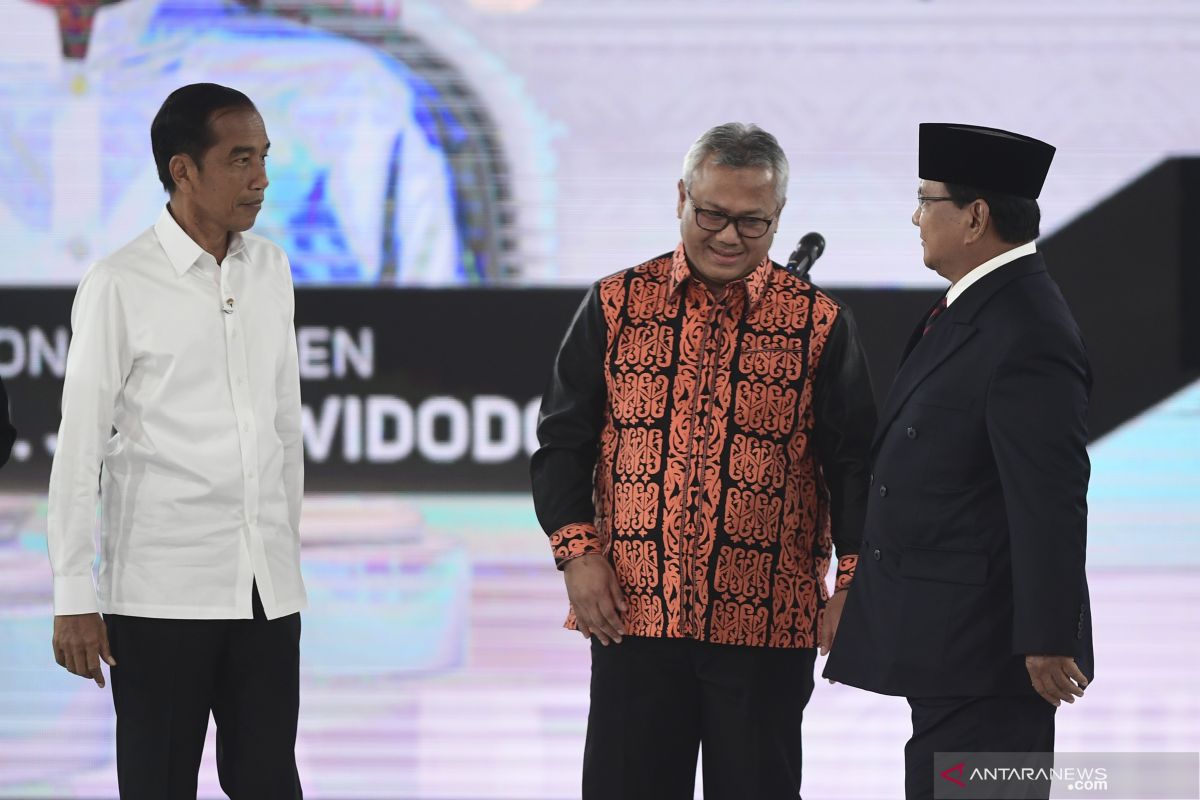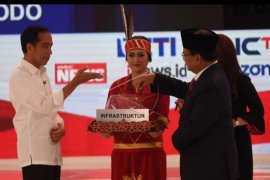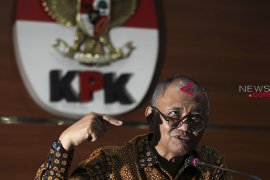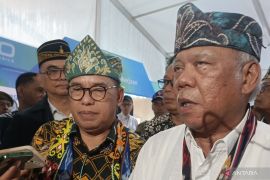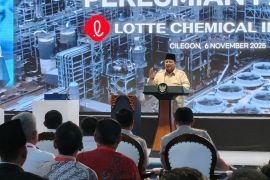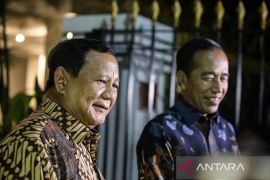"(In the midst of the current challenges of) weakened multilateralism and increasing protectionism, Indonesia must remain strong and dignified to carry out independent and active foreign policy," he said.
The principles underlying Indonesia’s foreign policy were expounded for the first time by Mohammad Hatta on September 2, 1948 in Yogyakarta, central of Java Island. According to the Ministry of Foreign Affairs description, the policy is independent because Indonesia does not side with world powers. As a matter of principle, so doing would be incompatible with the country’s national philosophy and identity as implied in the state ideology Pancasila.
The foreign policy is active to the extent that Indonesia does not maintain a passive or reactive stand on international issues but seeks active participation in their settlement.
In other words, Indonesia’s independent and active policy is not a neutral policy, but it is the one that does not align Indonesia with the super powers nor does it bind the country to any military pact.
Essentially, it is a policy designed to serve the national interest while, simultaneously, allowing Indonesia to cooperate with other nations to abolish colonialism and imperialism in all their forms and manifestations for the sake of world peace and social justice. This explains why Indonesia was one of the founding members of the Non-Aligned Movement.
"(We must be) independent to carry out policy regarding our national interests, but, at the same time, active in contributing to the world peace," Jokowi noted.
One of Indonesia's efforts to contribute to world peace is to increase the capacity of UN peacekeepers, including by increasing the role of women in the UN Peacekeeping Force.
Among the 15 members of the UN Security Council for the period of 2019-2020, Indonesia is the largest contributor to the UN Peace Mission.
Last year, Indonesia sent 850 personnel, including 22 women. As of November 2018, the number of Indonesian peacekeeping personnel reached 3,545 people.
Therefore, Indonesia will pay attention to increasing the efficiency and effectiveness of the UN Peace Mission in addition to other global issues.
Meanwhile, the presidential candidate number 02 Prabowo Subianto has pledged to maintain Indonesia's good foreign relations with all countries in the world.
"In the field of international relations, we adhere to (the principle) 'one thousand friends are too few, one enemy is too many'. We will be good with all countries and all the world powers," Prabowo said.
He said, if elected as the next Indonesian president, he would establish good relations between Indonesia and other countries on the principle of mutual benefit while continuing to prioritize the interests of the people of Indonesia.
"We will seek mutually beneficial relationships, but we will also defend and prioritize our people, that's the most important thing," he stated.
"Defending the people of Indonesia is a very noble and honorable thing to do for us, and we are determined to work towards victorious Indonesia," he continued.
Indonesia will organize legislative and presidential elections simultaneously on April 17, 2019, across the country.
Of its total population of 260 million, over 192 million people in Indonesia have been registered as illegible voters.
The 2019 presidential election is seen by many as a repeat of the bitter presidential battle of 2014, wherein Joko Widodo (Jokowi) and Prabowo Subianto went head-to-head.
Seeking a second term, 57-year-old Jokowi has picked Ma'ruf Amin (75), chairman of the Indonesian Ulema Council (MUI), as his partner, while retired general Prabowo Subianto (67) has chosen Sandiaga Salahuddin Uno (49), a successful entrepreneur and former deputy governor of Jakarta, as his running mate.
The first presidential debate, held on January 17, 2019, centered on law, human rights, terrorism, and corruption. The second debate took place on February 17, 2019, and focused on energy, the environment, infrastructure, food, and natural resources.
The third debate was organized on March 17, and only the running mates participated in the discussion on education, health, manpower, and social and cultural issues.
No date has been set yet for the fifth debate, which will see four of them battle it out on stage over the economy, social welfare, finance and investment, as well as trade and industry.
Reporter: Gusti N, Yashinta D, Yuni A
Editor: Fardah Assegaf
Copyright © ANTARA 2019
